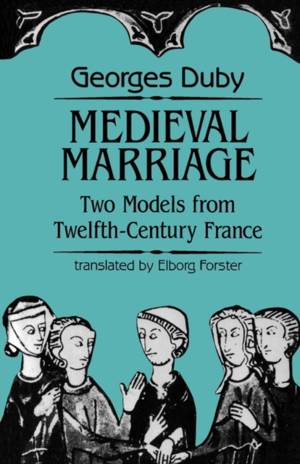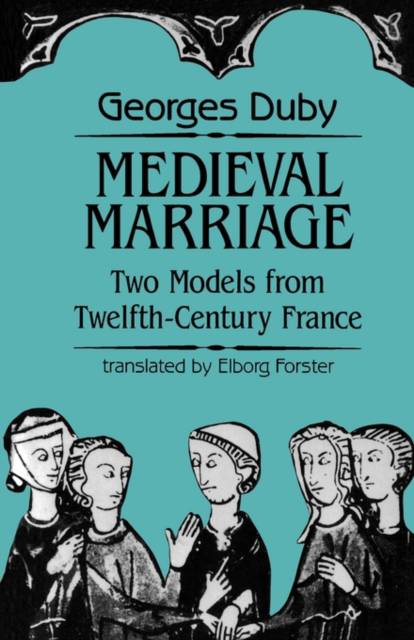
- Retrait gratuit dans votre magasin Club
- 7.000.000 titres dans notre catalogue
- Payer en toute sécurité
- Toujours un magasin près de chez vous
- Retrait gratuit dans votre magasin Club
- 7.000.0000 titres dans notre catalogue
- Payer en toute sécurité
- Toujours un magasin près de chez vous
Description
Eminent French social historian Georges Duby idenitifies the twelfth century as a cruical turning point in the development of the institution of marriage in Western civilization. His study of medieval marriage is a worthy successor to the exploration of social attitudes begun by Philippe Aries and continued by Fernand Braudel.
During the twelfth century, Dury explains, the ideals and needs of the aristocracy clashed with those of the Church. The nobility regarded marriage as a matter of convenience and political alliance, especially when it meant the consoldation of power in a particular territory. But the Church sought to reassert its hold over the decular world by demanding strict adherence to the sacredness and indissolubility of marriage. This strong stand did much to rationalize the institution of marriage and establish guidelines for the legitimacy of heirs.
Spécifications
Parties prenantes
- Auteur(s) :
- Editeur:
Contenu
- Nombre de pages :
- 160
- Langue:
- Anglais
- Collection :
- Tome:
- n° 11
Caractéristiques
- EAN:
- 9780801843198
- Date de parution :
- 01-10-91
- Format:
- Livre broché
- Format numérique:
- Trade paperback (VS)
- Dimensions :
- 138 mm x 215 mm
- Poids :
- 204 g

Les avis
Nous publions uniquement les avis qui respectent les conditions requises. Consultez nos conditions pour les avis.






